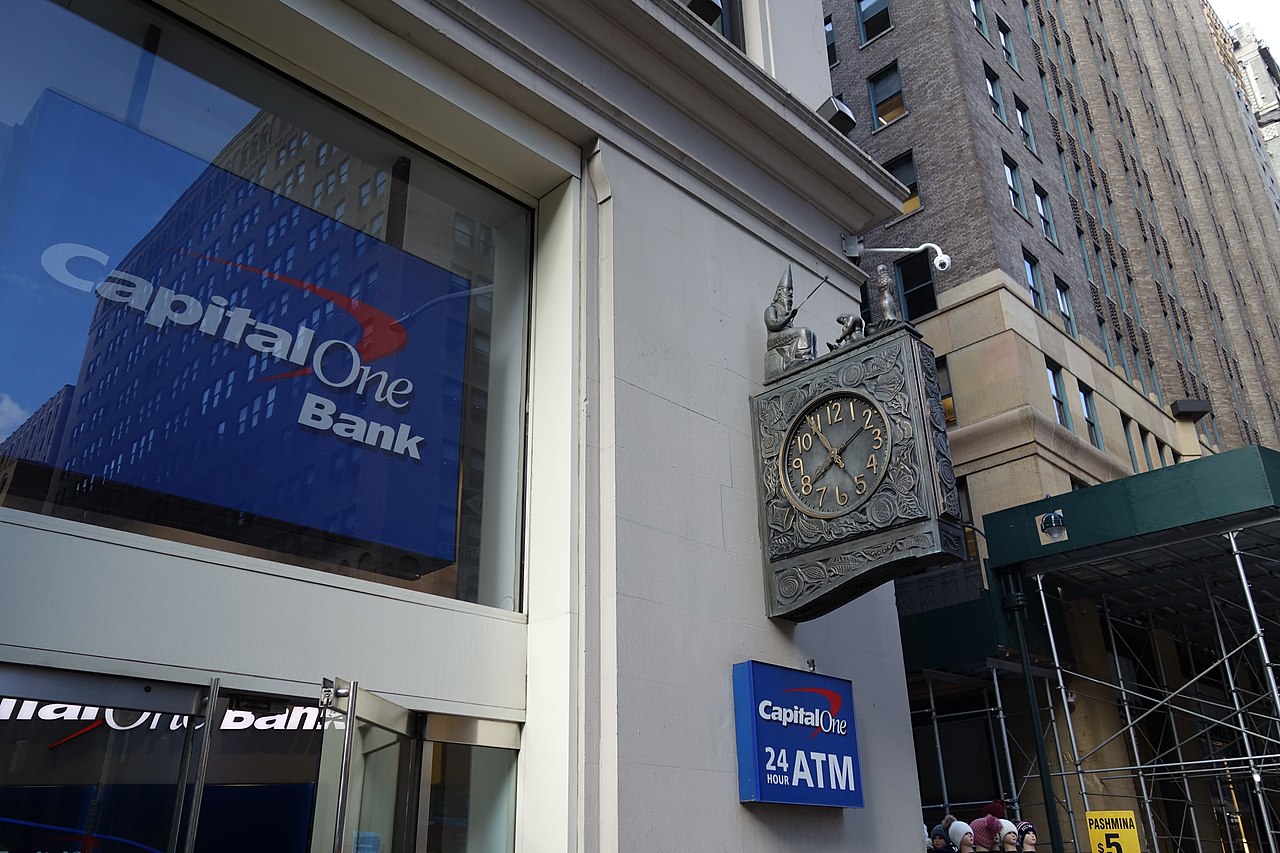Here we go again—another major bank accused of cheating customers, and this time it’s Capital One in the hot seat. The Consumer Financial Protection Bureau (CFPB) has filed a lawsuit against Capital One, alleging the bank misled customers and effectively robbed them of over $2 billion in interest. Yes, billion with a “B.”
According to the CFPB, Capital One pulled a classic bait-and-switch move with its savings accounts. The bank offered customers a “360 Savings” account, marketing it as a high-yield savings option. Meanwhile, behind the scenes, they rolled out a newer “360 Performance Savings” account with significantly higher interest rates—but conveniently forgot to tell their existing customers about it. Capital One hiked the interest rate on the newer account from 0.4% in 2022 to 4.35% in 2024. Meanwhile, the poor souls sticking with the original “360 Savings” account were stuck at a measly 0.3%.
The CFPB claims Capital One intentionally kept customers in the dark by scrubbing its website of references to the original account, excluding those customers from marketing campaigns for the better option, and even forbidding employees from informing account holders about the higher-yield account. Sounds pretty calculated, doesn’t it? CFPB Director Rohit Chopra didn’t mince words, stating, “Banks should not be baiting people with promises they can’t live up to.”
Of course, Capital One is acting shocked—shocked!—that anyone would think they did something wrong. In their response, they played the victim card, saying they’re “deeply disappointed to see the CFPB continue its recent pattern of filing eleventh-hour lawsuits ahead of a change in administration.” Translation: “How dare you hold us accountable just because there’s an election coming up!” They went on to claim that the “360 Performance Savings” account was marketed “widely, including on national television, with the simplest and most transparent terms in the industry.” Sure, but how many of their loyal customers actually knew about it? Apparently, not enough.
Let’s be honest: this isn’t just an innocent marketing misstep. This looks like a deliberate strategy to squeeze more money out of hardworking Americans by banking on their trust—or their inattention. How many regular people have time to constantly check if their bank has secretly launched a better account while their own savings stagnate?
Capital One’s slogan asks, “What’s in your wallet?” Well, after this scheme, for millions of Americans, the answer is a whole lot less than there should be.


Leave a Comment